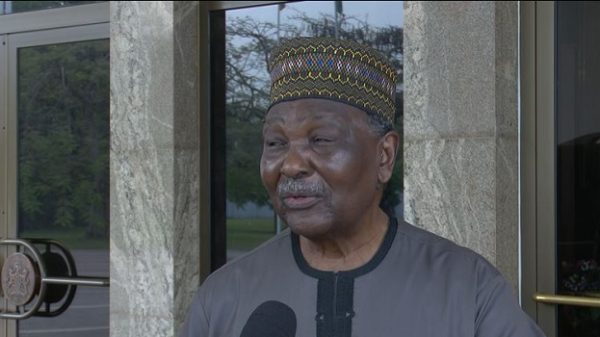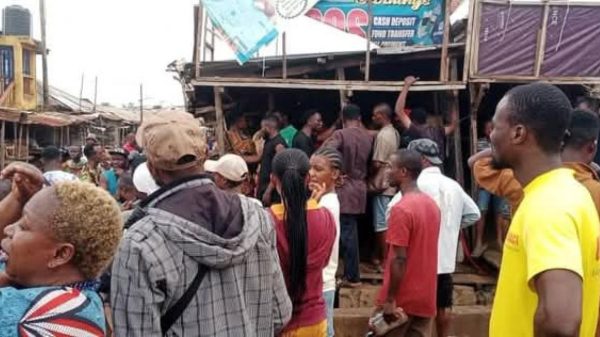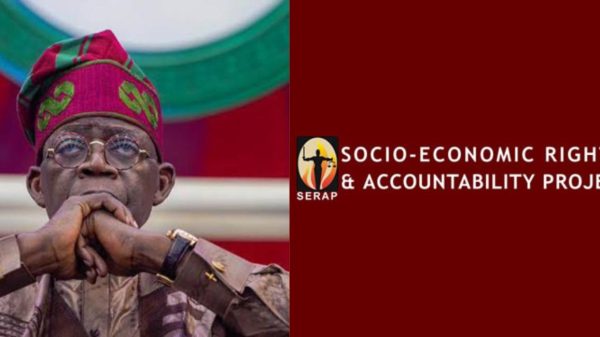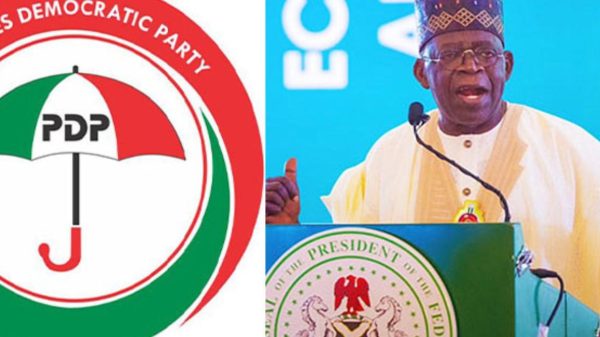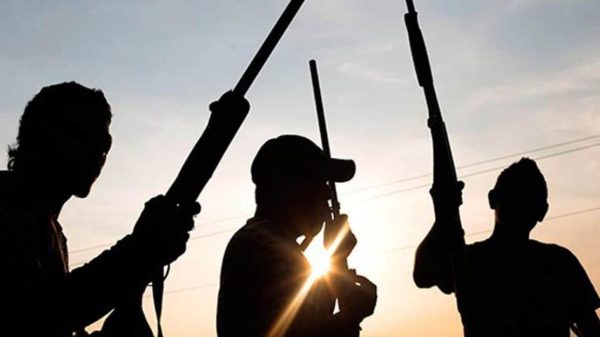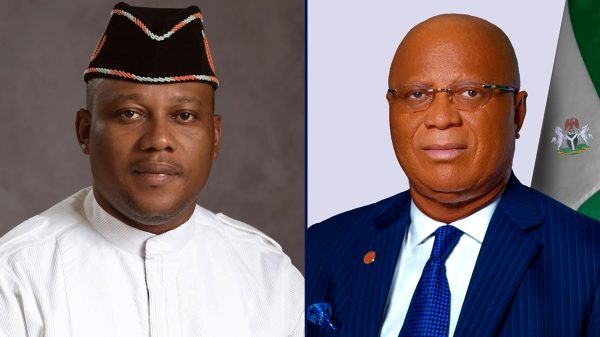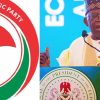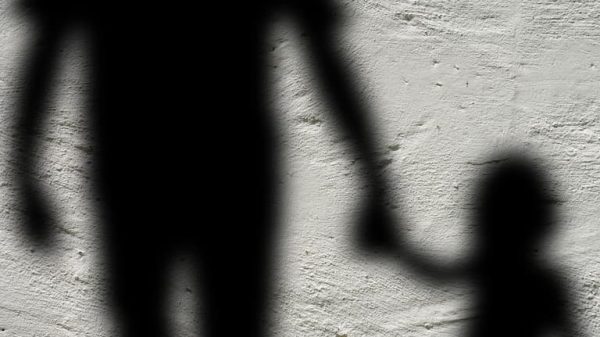On October 4, 2024, nine protesters arrested during the #FearlessInOctober demonstrations in Lagos were released after significant public outcry and intervention from advocacy groups. Francis Nwapa, the National Secretary of the Youth Rights Campaign (YRC), confirmed their release in a post on X, formerly Twitter, stating that the protesters had regained their freedom.
The arrested individuals, who include Funmi Robert (60), Sunday Obasoro (24), Sikiru Adeagbo (41), Babatunde Oyeleye (32), Akin Okunowo (50), Dare Toyin (21), Adebayo Shobogun (37), Michael Adeleke (23), and Stanley Akonye (42), were detained by the Lagos State Police Command during a peaceful gathering at Gani Fawehinmi Park, Ojota, on October 2.
Nwapa emphasized the legal rights of individuals to protest, stating, “Protest is a right guaranteed under the law. We demand an end to repression of dissenting voices.” The YRC had previously called for the immediate and unconditional release of the detained protesters, expressing their concern over the police’s actions.
Lagos State Commissioner of Police, CP Olanrewaju Ishola, had previously defended the arrests as part of proactive measures to maintain public order, targeting individuals whose actions were deemed provocative. The police stated that the detained individuals were not involved in protesting, contradicting claims from advocacy groups.
In addition to the arrests, a press statement from the #EndBadGovernance Movement indicated that the police confiscated a Toyota vehicle with registration number SRA 813 XB during the operation. The movement condemned the arrests and demanded the immediate release of the detainees.
The #FearlessInOctober demonstrations began on October 1, 2024, with participants advocating for better governance in Nigeria. The protests were sparked by rising economic hardship, the increasing cost of living, and dissatisfaction with policies implemented by President Bola Tinubu’s administration. The demonstrators highlighted their frustrations over government negligence and demanded transparency and accountability from officials.
This recent event in Lagos was not an isolated incident. On the same day, reports emerged of five peaceful protesters being arrested in Jos, Plateau State, during similar demonstrations. Those arrested in Jos were later released, indicating a growing national trend of protests against government policies and actions.
As public dissent grows, activists are increasingly vocal about their rights to assemble and express their grievances. The calls for better governance and economic relief resonate with many Nigerians, especially in light of the rising costs of goods and services.
In a broader context, the ongoing protests are reflective of a significant shift in political engagement among Nigerian youth. Many are demanding change and actively participating in protests to voice their concerns, which they feel have been ignored by the current administration.
The release of the nine protesters marks a moment of victory for advocacy groups pushing for the protection of civil rights in Nigeria. However, the situation also highlights the ongoing tension between protesters and law enforcement agencies, raising questions about the balance between maintaining public order and respecting constitutional rights.
Francis Nwapa’s remarks underscore the urgency of addressing these tensions. He stated, “Police must know that protest is a right guaranteed under law,” calling for an end to the suppression of dissent. As the protests continue, the Nigerian public is watching closely, and the demands for change are likely to grow louder in the coming days and weeks.
The events surrounding the #FearlessInOctober protests highlight a critical juncture for civil rights and governance in Nigeria, where the voices of citizens are increasingly being heard amidst the challenges of economic hardship and political dissatisfaction.



